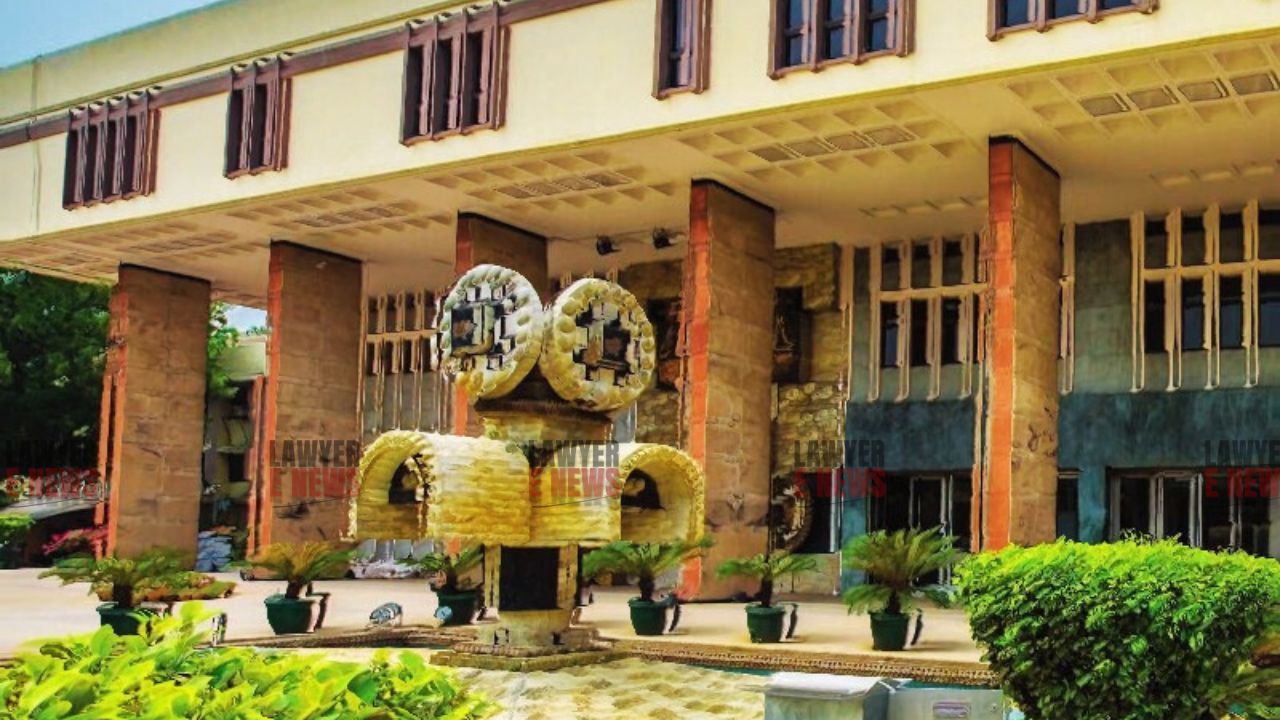-
by Admin
15 February 2026 5:35 AM



Delhi High Court in the case of Yashika Malik vs. University of Delhi Faculty of Medical Sciences & Ors., addressed the issue of denial of admission to a meritorious candidate under the Children/Widows of Armed Forces Personnel (CW) reservation. The Court ruled that the appellant, Yashika Malik, was wrongly excluded due to errors by the university and directed the creation of a supernumerary seat in her favor to rectify the injustice.
Yashika Malik, the appellant, applied for admission under the CW category in the University of Delhi's Faculty of Medical Sciences for the academic year 2024-25. Her father, a Sena Medal recipient, made her eligible for reservation under Clause E Priority V(VIII) of the CW category. Despite submitting the required Education Concession Certificate (ECC) and securing a high rank in the NEET examination, Malik’s name was removed from the provisional list of eligible candidates due to an erroneous cancellation of her ECC by the Kendriya Sainik Board (KSB).
Initially, Malik's name appeared in the tentative list of candidates eligible for the CW category but was later marked as "Not Eligible." Despite subsequent verification and re-issuance of the ECC by the Ministry of Home Affairs (MHA) and KSB, the university did not rectify its list to include her, leading to her exclusion from the seat allotment.
The main legal issue was whether the university was justified in excluding Yashika Malik from the CW category despite possessing a valid ECC. The High Court observed that the university acted arbitrarily by removing Malik's name based on the erroneous cancellation of the ECC by KSB. The Court noted that the ECC issued by the Officer-in-Charge (OIC), a competent authority under Clause E of the Information Bulletin, had been verified by the MHA, making her exclusion legally unsustainable.
Justice Tushar Rao Gedela, delivering the judgment, highlighted the university's failure to uphold the principles of fairness and merit. The Court found that Malik had been wrongly deprived of her rightful reservation due to an error on the part of the university and other authorities. It held that "Justice should not only be done but should manifestly and undoubtedly be seen to be done," quoting the landmark decision in Rex vs. Sussex Justices.
In light of the Supreme Court’s ruling in S. Krishna Sradha vs. State of Andhra Pradesh & Ors., which allows for the creation of supernumerary seats in exceptional circumstances to ensure justice, the High Court directed the University of Delhi and the Medical Counseling Committee (MCC) to either increase the number of seats by one in the CW category or create a supernumerary seat for Malik. This direction was to be carried out within ten days from the date of the order.
The Delhi High Court's judgment in Yashika Malik vs. University of Delhi Faculty of Medical Sciences & Ors. underscores the importance of procedural fairness and adherence to merit in university admissions. By directing the creation of a supernumerary seat, the Court ensured that Malik, a deserving candidate, received the reservation she was entitled to, thereby upholding the principles of justice and equality.
Date of Decision: September 13, 2024
Yashika Malik vs. University of Delhi Faculty of Medical Sciences & Ors.
